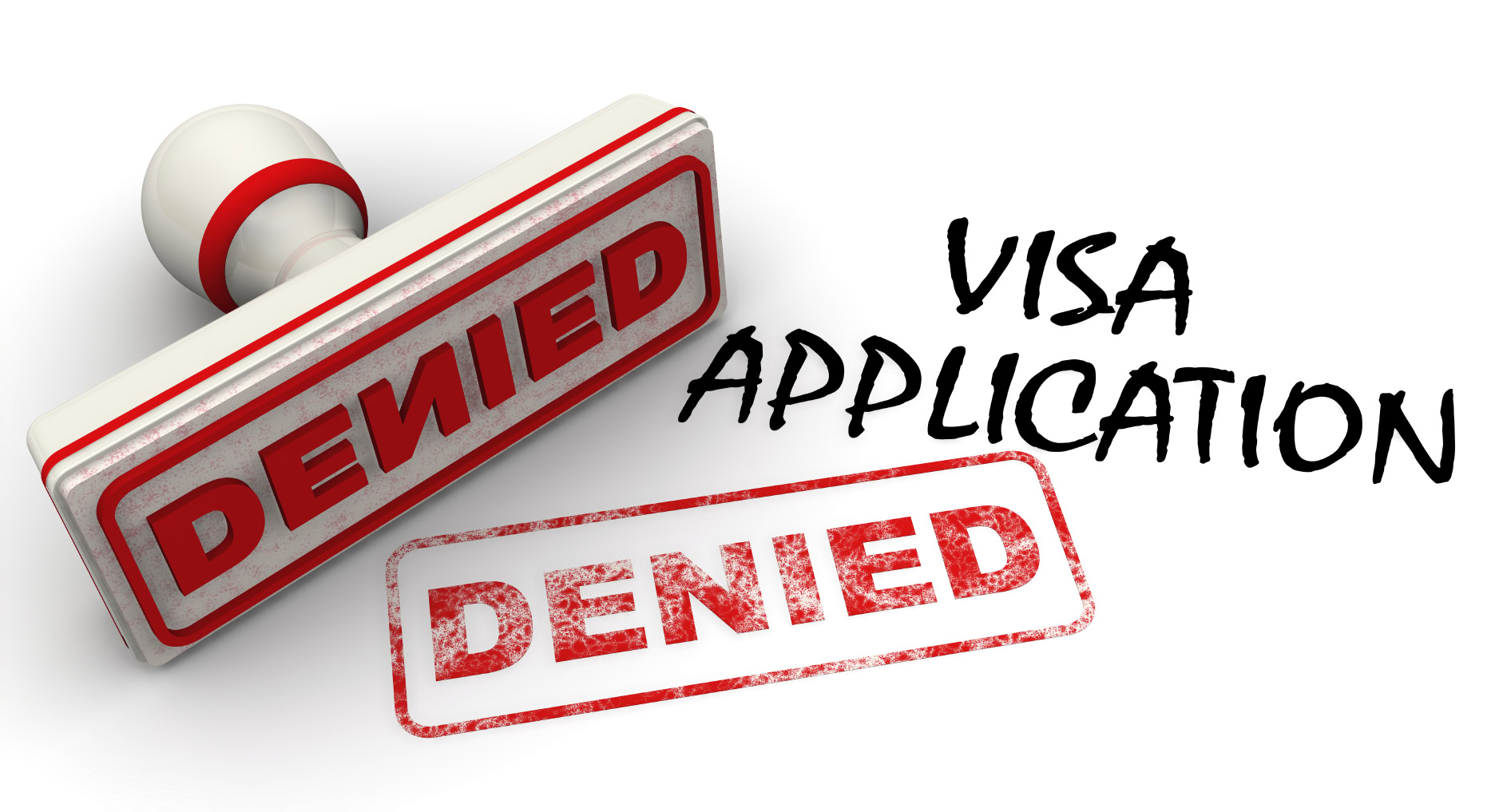How to Sponsor your Common Law Partner
Sponsor your Common Law Partner
Do you and your common-law partner not live together and miss each other dearly? Do you wish to live happily and be together in Canada? Or is your common-law partner currently in Canada visiting you and you wish for them to permanently stay in Canada? Do you wish you could have someone help you make this possible? At Akrami & Associates, we can try our best to unite you and your common-law partner permanently. A common-law sponsorship can be overwhelming and emotional, however, in this article I will outline eligibility requirements and other factors to consider when sponsoring your common-law partner to make the process easier for you.
Eligibility to Sponsor Common Law Partner
The most important factor to determine before applying to sponsor your common-law partner is if you are eligible to sponsor. There are simple requirements that you must comply with in order to become eligible; however, if you don’t acquire one of the requirements, you will not be eligible. Below is a list of the requirements for edibility to sponsor your common-law partner.
You must meet all of these requirements to sponsor your common-law partner:
- Be a Canadian citizen, permanent resident or an individual registered in Canada as an Indian under the Canadian Indian Act
- Be at least 18 years old
- Live in Canada – Please note that if you are currently living outside of Canada, you are required to show an intent to live in Canada should your common-law partner gain permanent residency
- Also, you may not sponsor your common-law partner if you are a permanent resident living outside of Canada
- Provide evidence that you have sufficient income to offer basic needs for your common-law partner
How to Qualify as Common Law Union
In Canada, family unification is extremely important and is a fundamental aspect of life, as well as the Canadian Immigration System. Canadian citizens and permanent residents of Canada have the opportunity to sponsor members of the Family Class, in this case their common-law partner, for permanent residence in Canada. In order to sponsor your common-law partner, you must qualify as a common-law union. In order to be considered as a common-law relationship, you must be together in a “marriage-like” commitment; have combined affairs and be interdependent of each other; and lastly and most importantly, ensure that you have cohabitated for a minimum of one year.
Recent change was made to conditional permanent residence in which spouses and partners no longer have to live together upon receiving confirmation of permanent residence. So if you were sponsored by your spouse or partner or by someone who had conditional permanent residence such child or parents this condition no longer applied to you.
How to Prove Cohabitation & the Genuineness of the Relationship
Cohabitation, in Immigration terms, can only be achieved if it is continuous. In other words, you must live with your common-law partner continuously for one year to be considered as cohabitating. If you and your common-law partner have lived together on and off then, unfortunately, you would not qualify as a common-law relationship. In addition, you must have shared affairs and a household that you both share together. In order to sponsor your common-law partner, you must prove this cohabitation to Immigration. For instance, you may prove your cohabitation by providing documents such as joint bank accounts; joint credit cards; and/or joint ownership, lease or rental agreement of residential property.
Immigration will also ask for you to prove the genuineness of your relationship. In Canada, there is a very significant problem of misrepresentation especially when it comes to spousal and common-law sponsorships; therefore, proving your relationship and its genuineness is an extremely important aspect of your common-law sponsorship. There are several documents that you may be able to provide to Immigration to prove this, such as the aforementioned financial documents; the aforementioned property documents; any bills for shared utilities, for example, gas, electricity, and phone bills; and important government documents that prove you both have the same address, for example, driver’s licenses and insurance policies.
The Chances of a Successful Common-Law Sponsorship Application
Much like any immigration application, there is no guarantee of a successful application. Nevertheless, with the help of an Immigration professional, such as Akrami & Associates, you can create a very strong application that increases the chances of success. The most imperative aspect to consider when applying for a common-law sponsorship is that the more documentation you can provide to prove the intention of your application, the better. Even if you do not have several documents to provide for one aspect that they are requesting, Immigration may consider other documentation as proof as well. Essentially, if you believe a certain document you have can help with your application, it’s better to provide it to Immigration, just in case it can help the application become stronger.
Keep in mind, anything you provide to Immigration will most likely not be returned back to you. For instance, if you provide them with photos, private telephone records, or letters, they will be unable to return them to you. However, they are able to return original documents, such as marriage certificates and passports.
Contact Akrami & Associates to Sponsor your Common-law partner
It is essential that you have taken all of the aforementioned factors into consideration before you attempt to apply for a Common-law Sponsorship. Sponsorship applications are difficult applications to pursue on your own and it is highly recommended that you seek out professional and experienced help before attempting to submit the application. Here, at Akrami & Associates, we work and have experience with many different immigration issues. We have helped many of our clients unite with their common-law partners and they are now extremely happy living in Canada. If you believe that you may be eligible to sponsor your common-law partner, please feel free to contact Akrami & Associates at our office at 416-477-2545 for more information or if you would like to book a consultation with an immigration professional for more advise.
With Akrami & Associates, there is always a way!
Latest Immigrations News

July 6, 2025
Banned from Canada? Not Anymore!
Most people think that a criminal record shuts the door on Canada for good. But that’s simply not true. Yes, it can complicate things. Yes, border agents can (and often do) turn people away. But no, it’s not the end of the road. If you’ve served your [...]

June 30, 2025
Your Shortcut to Business in Canada: C11 Work Permit
Thinking about launching your business in Canada? Maybe you’ve spotted a gap in the market, or you’re just ready to expand your entrepreneurial journey to one of the most dynamic economies in the world. If that’s you, there’s good news: you don’t need a Canadian employer or [...]

June 24, 2025
Why Canada Visitor Visas Keep Getting Refused And How to Get Approved
Applying for a visitor visa to Canada sounds straightforward on paper. Fill out a few forms, gather your documents, pay the fee, and you’re good to go, right? Unfortunately, that’s rarely how it plays out. Refusals are far more common than most applicants expect. And if you’ve [...]

Book a Conslutation
One of our Representatives will
assist you with your matter. Book Now!
Click here

Call us for
more Information
+1-416-477-2545
Toll Free: 1-877-820-7121
Click here

Write Us (Online Form)
Complete our form and one of our
Representatives will contact you.
Click here
Subscribe To Our Newsletter


